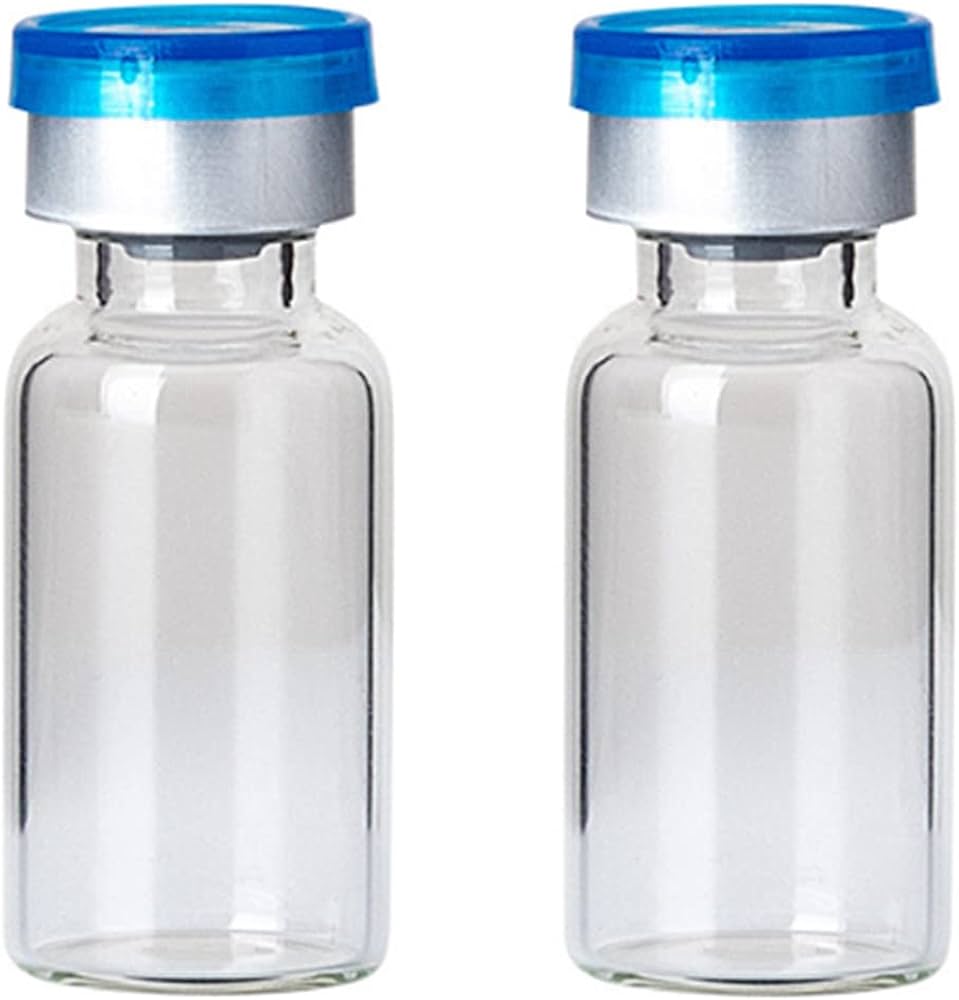Source: Link Testing Instruments Co.,Ltd.

Glass bottle packaging is a common form of pharmaceutical packaging material. It is widely used for its good sealing integrity, corrosion resistance, high temperature resistance and other properties. Common types of pharmaceutical glass bottle packaging include: ampoules, glass injection bottles (cillin bottles), infusion bottles, oral liquid bottles, etc. At present, various types of glass bottle packaging are widely used in large infusions, antibiotic products, freeze-dried preparations, vaccines, blood products, biological preparations and other products due to their good stability. How is the internal stress of glass bottle packaging products generated? The following will be a brief analysis.
First of all, annealing is also a key link in the production process of glass products. This link can eliminate or reduce the residual stress in glass products, reduce the self-explosion rate of glass products, and ensure the stability of glass products during production, storage, transportation and shelf life, and finally protect the integrity of the contents of glass bottle packaging protectors. It can be found that due to its own characteristics, glass packaging products must have certain internal stress after production. Therefore, in order to ensure that glass bottle packaging products can protect the contents intact, the control of its internal stress index is crucial.
Regarding the test of glass bottle internal stress index, a professional polarizing stress meter is required. The test principle is: the principle of polarized light interference is used to check the internal stress of glass or the birefringence effect of crystal. Since the instrument is equipped with sensitive color film and the 1/4 wave plate compensation method is applied, the instrument can not only qualitatively or semi-quantitatively measure the internal stress of glass according to the interference color sequence in the polarization field, but also accurately measure the internal stress value of glass.
LTYLY-03S polarizing stress meter is a high-precision test instrument developed and produced by Link Testing instruments Co.,Ltd., which is specialized in testing internal stress values. It is suitable for measuring the internal stress values of various glass products (including various glass bottles, cans, cups, tubes, utensils, light bulbs, lamp tubes, glass measuring instruments, glass instruments, optical instruments, special-shaped products, mobile phone screens, etc.), crystal products, artificial gems, transparent plastic products and other optical materials. It has two test modes, qualitative and quantitative, to meet the testing needs of different users.
At the same time, according to the requirements of "YBB00162003-2015 Internal Stress Determination Method":
Result calculation: δ= T / t =θ×3.14 / t
Where δ is the internal stress of the test piece, nm/mm;
T is the optical path difference of the tested part of the test piece, nm;
t is the total thickness of the tested part of the test piece at the light passing point, mm;
θ is the rotation angle of the analyzer (when the maximum stress is measured);
3.14 is a constant when using a white light source (effective wavelength is about 565nm), and each rotation of the analyzer by 1º is approximately equivalent to an optical path difference of 3.14nm (T=θ×3.14).
According to the requirements in the above formula, in addition to using a polarizing stress meter, the internal stress test also needs to be used in conjunction with a wall thickness (CHY-B2 wall thickness tester from Link Testing) and bottom thickness tester to measure the wall thickness and bottom thickness of the test product to achieve accurate testing of the internal stress value.
For more details please visit www.linktesting.org